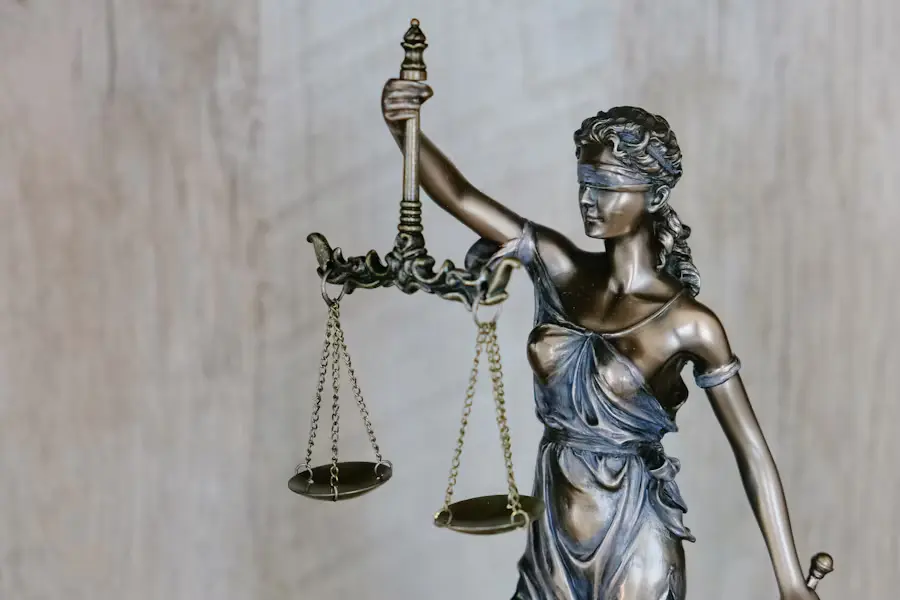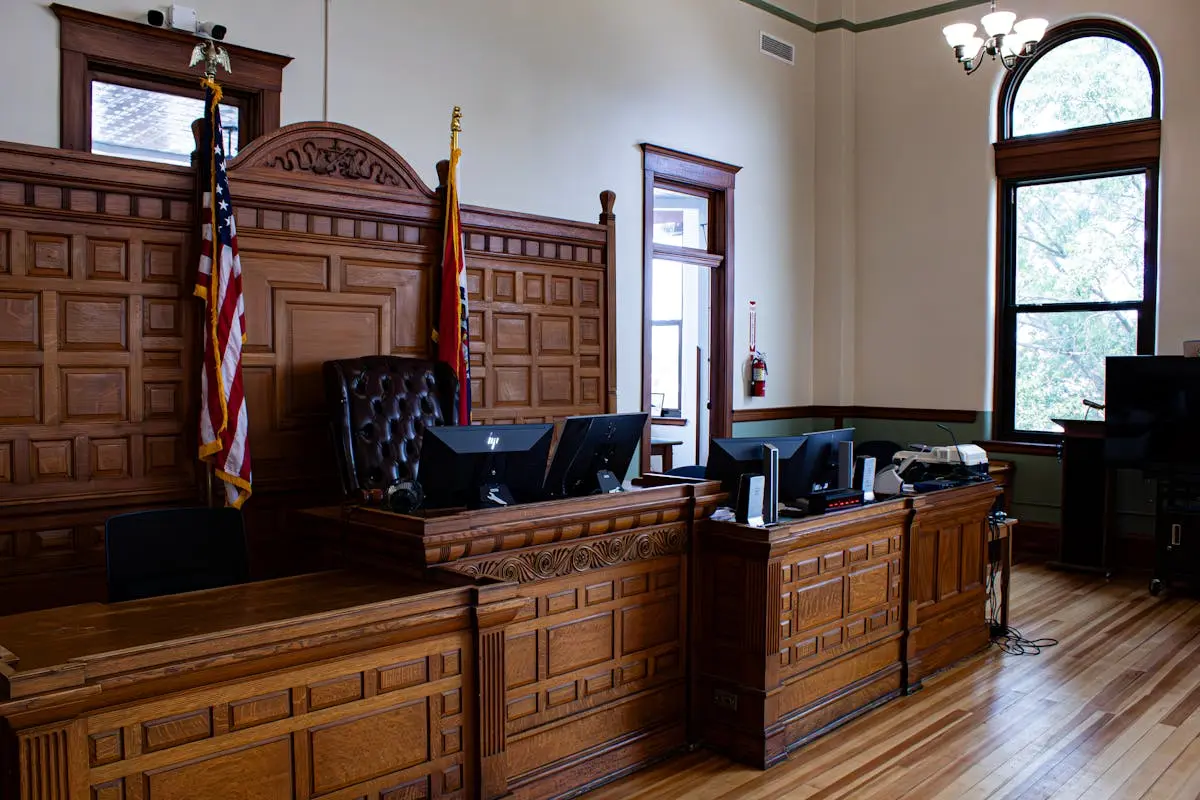 Special Education
Special Education What An IEP Entails and How To Tell If Your Child Needs One
Learn if your child qualifies for an IEP. This guide covers the eligibility criteria, parental participation, the IEP process, and how to challenge evaluations.


Resolving Disputes and Protecting Your Rights in Non-Criminal Cases

Civil litigation is a tool you can use to settle non-criminal disputes. It can help you recover financial damages from the other party, force them to stop taking a certain action, enforce or dissolve a contract, along with many other use-cases. Common areas where civil litigation is used to settle disputes include:
Personal injury cases, Intellectual property disputes, Medical malpractice cases, Employment or labor disputes, Education law disputes, Lawsuits surrounding divorce, Breach of contract claims, Landlord/tenant issues.
If you have been impacted in any of these areas, or other areas where you have a dispute with another party that is non-criminal, it would be advisable to seek the counsel of an experienced civil litigation lawyer. The Law Offices of Sears and Sears P.C. has won many civil litigation cases for its clients in a wide variety of areas. If you need a civil litigation lawyer who you can trust to advocate for your best interests, then request a free consultation from our firm and we will evaluate your case.


No, civil cases are only used to settle non-criminal matters. However, you can pursue criminal litigation against an individual if they have committed a crime against you. A criminal litigation case, if you decided to pursue one, would be an entirely separate entity from the civil proceedings. The outcome of the civil case and the criminal case will not affect each other.
The Law Offices of Sears and Sears P.C. can help you no matter which route you choose; we are experienced in both civil and criminal litigation and we will be able to represent you in court or settlement negotiations in either scenario.
This is strictly specific to the circumstances of your individual case. One case may result in the victim receiving millions of dollars in damages, while another case may not award any damages at all. Most civil cases are settled out of court, so the amount of damages you can seek can also be influenced by the assets of the other party.
If you are seeking damages from the other party as an individual, you may not be able to secure as high of an amount as opposed to if you were seeking damages from the other party’s insurance company which has more assets. Even if the court awards a large amount of compensation to be repaid to you by the other party, if they do not have this amount of wealth, it can make receiving those damages difficult. This can lead to you being repaid in other ways, such as taking possession of the other party’s house, vehicle, or any other large assets to their name if the individual does not have the means of paying you through liquid assets. This does not happen in all cases, and is dependent on your state’s laws, but it is one way of being compensated when the other party cannot afford it.

Civil litigation encompasses a wide range of legal disputes, including, but not limited to, contract disputes, personal injury claims, real estate disputes, employment disputes, insurance claims, product liability claims, and other types of disputes that involve private rights and interests.
It is generally possible to bring a lawsuit against any person or entity that has caused you harm or violated your legal rights. However, there may be limitations on who can be held liable depending on the specific circumstances of the case and the laws of the jurisdiction.
The amount of compensation that can be awarded in a civil litigation case depends on the specific circumstances of the case and the laws of the jurisdiction. In general, the compensation awarded in a civil case is intended to make the victim whole and to compensate for damages such as medical expenses, lost wages, and pain and suffering.
The length of time it takes to receive compensation after winning a civil litigation case will depend on a number of factors, including the complexity of the case, the court’s schedule, and the appeals process. Some cases may be resolved quickly, while others may take several years. Additionally, in some cases, even if a judgment is made in your favor, the other party might file for an appeal, which could further prolong the process.
 Special Education
Special Education Learn if your child qualifies for an IEP. This guide covers the eligibility criteria, parental participation, the IEP process, and how to challenge evaluations.

 Special Education
Special Education Learn how IEPs function, the importance of personalized goals, and strategies to ensure your child's unique educational needs are met.

 Special Education
Special Education Explore the Supreme Court's "Endrew F." ruling on the IDEA Act. It redefines FAPE, and requires schools to individualize special education programs.

Request a free consultation and our attorneys will provide expert legal advice for your situation, or click below to read our FAQ (Frequently Asked Questions), and see if your questions are answered there.
Our experienced attorneys are here to help you navigate your legal challenges. Contact us today to discuss your case.
Contact Us Over Phone:
Call us to discuss your legal needs. We are ready to provide the guidance you need.
Contact Us Over Email:
Reach out via email for any inquiries, and our team will get back to you promptly.
Visit Our Office In-Person:
Meet with us in person at our office to discuss your case and get the legal support you need.
Sears Building, 5809 Feldspar Way, Hoover, AL 35244